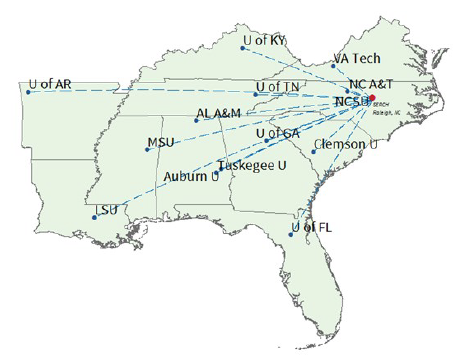Minnehaha Stormwater Adapatation and NOAA’s Climate Explorer Tool
Thursday, November 3, 2016 3pm EDT
Leslie Yetka, Program Manager
Freshwater Society
St. Paul, Minnesota
When it Rains, it Pours – The Minnehaha Creek Stormwater Adaptation Study
Edward Gardiner, PhD
Contractor to NOAA Climate Program Office
CollabraLink Technologies, Inc.
National Centers for Environmental Information- Asheville, NC
US Climate Resilience Toolkit: Climate Explorer tool
AGENDA (Times based on EDT):
2:50: Log-in/lagtime
3:00: Welcome – Chris Jones and Brent Peterson (Moderators)
3:05: Minnehaha Creek Stormwater Adaptation Study; Leslie Yetka
3:20: Climate Toolkit: Climate Explorer; Ned Gardiner
3:35: Brief updates/Evaluation link – Chris & Brent
3:40: Q&A discussion w/Leslie and Ned
3:50: Listserv and Certification Discussion
4:00: Wrap up discussion/End call
When it Rains, it Pours – The Minnehaha Creek Stormwater Adaptation Study
This NOAA-funded study combined downscaled and surface modeling to assess stormwater infrastructure and flood vulnerability in two Minnesota communities, and demonstrated a public planning process designed to engage communities in resilience planning. High level project details will be shared, including lessons learned, outcomes, and next steps.
Leslie Yetka is a program manager with the Freshwater Society, a Minnesota non-profit organization that works with communities to ensure healthy lakes and streams, and a plentiful supply of clean drinking water. She has twenty years of experience in environmental education, community engagement, and public planning with a specific focus on watershed management, green infrastructure, sustainable landscape practices, and community resilience to climate change. Leslie has a bachelor’s degree in biology from Macalester College, and a master’s degree in horticulture with a minor in water resources science from the University of Minnesota.
US Climate Resilience Toolkit: Climate Explorer tool
Edward Gardiner is a landscape ecologist who turned his attention to public engagement after graduation. Rather than “study the planet to death”, he chose to apply remote sensing, GIS, and programming skills to data visualization to educate public audiences about Earth and biodiversity sciences through the American Museum of Natural History. For the past 8 years at NOAA, he has helped launch the award-winning Climate.gov website and the U.S. Climate Resilience Toolkit (toolkit.climate.gov), a cross-agency portal for climate decision support. As a designer, data visualizer, video producer, and storyteller, he has brought the abstract world of climate science and adaptation to the real world by documenting case studies centered on replicable methods for applying climate information. His focus recently has been in aiding communities, businesses, and professionals to make use of climate data and tools through live events and archived web resources.


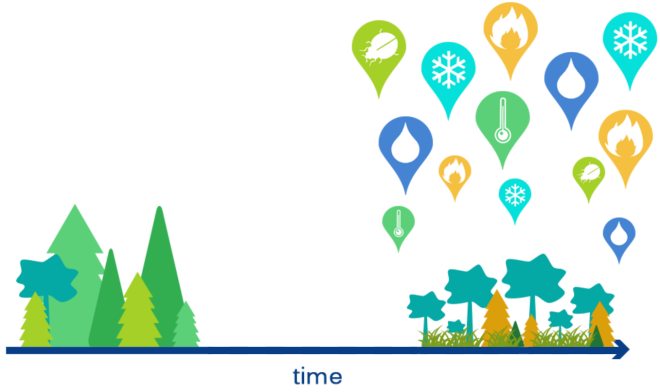

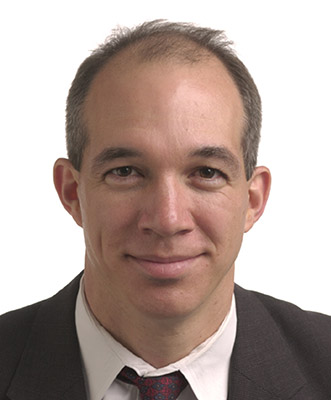 On Thursday, January, 12, 2016 at 3:00pm EDT, William Hohenstein will discuss methods and opportunities for incorporating Climate Change considerations into programming for Extension personnel and other professionals who assist producers in their operations. This is an excellent opportunity to find out how USDA can help Extension use climate tools, information and programs to enhance programming.
On Thursday, January, 12, 2016 at 3:00pm EDT, William Hohenstein will discuss methods and opportunities for incorporating Climate Change considerations into programming for Extension personnel and other professionals who assist producers in their operations. This is an excellent opportunity to find out how USDA can help Extension use climate tools, information and programs to enhance programming.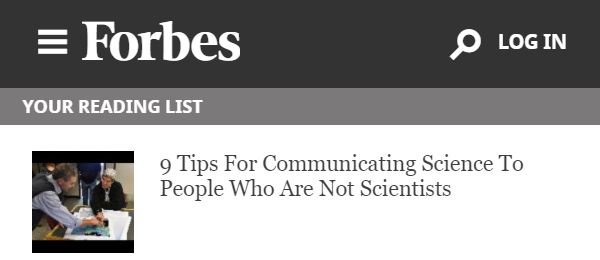
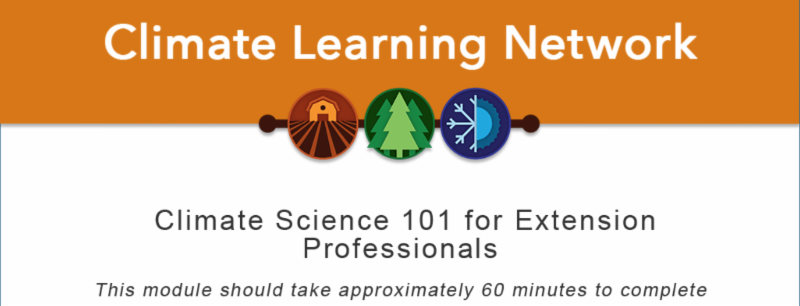
 After conducting stakeholder needs assessment, the USDA Northeast Regional Climate Hub discovered that simple discussion groups on specific regional climate topics may be useful to producers and Extension Professionals. In response, CLN and the Hub have teamed up to pilot a set of Google Groups to facilitate this line of communication.
After conducting stakeholder needs assessment, the USDA Northeast Regional Climate Hub discovered that simple discussion groups on specific regional climate topics may be useful to producers and Extension Professionals. In response, CLN and the Hub have teamed up to pilot a set of Google Groups to facilitate this line of communication.

 Two new papers have just been published in the Journal of Forestry that explore attitudes of Southern Foresters towards climate change. The first paper entitled
Two new papers have just been published in the Journal of Forestry that explore attitudes of Southern Foresters towards climate change. The first paper entitled 